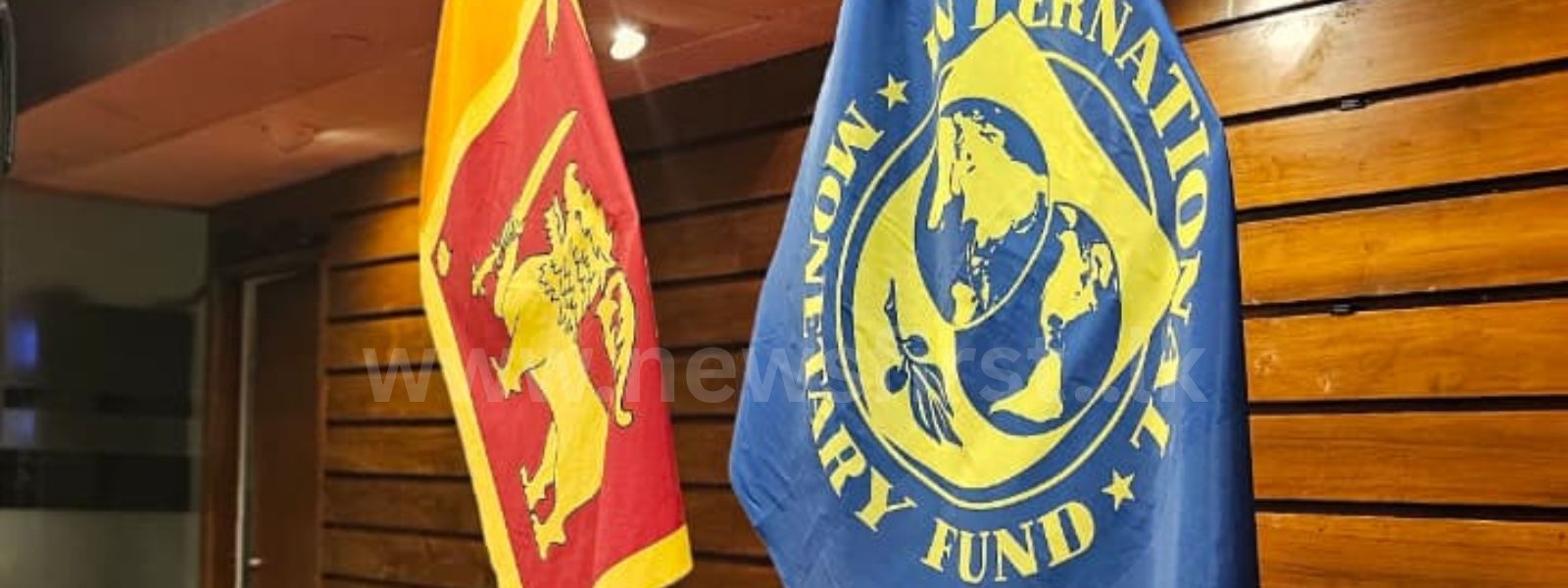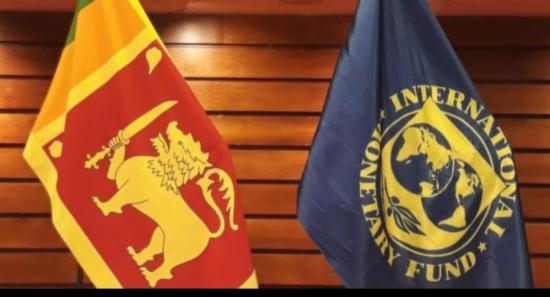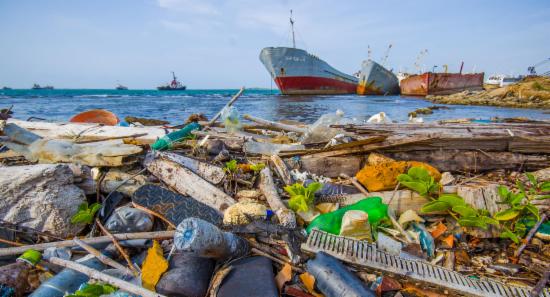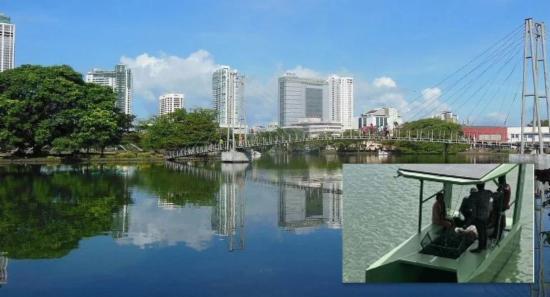.webp)

Sri Lanka’s Debt Deal Journey Among Most Complex, Says IMF
COLOMBO (News 1st); Sri Lanka’s arduous journey through sovereign debt restructuring has reached a critical juncture, with the International Monetary Fund (IMF) acknowledging significant progress while underscoring persistent complexities that could shape the island nation’s economic future.
The IMF’s latest stocktaking report, presented to its Executive Board on October 3, 2025, offers a detailed analysis of global sovereign debt restructuring trends since 2020, spotlighting Sri Lanka as one of eight countries that completed substantial negotiations with private creditors during this period.
The report reveals that Sri Lanka’s restructuring process—covering both external and domestic debt—has been among the most intricate, reflecting the scale of its fiscal distress and the diversity of its creditor base.
The International Monetary Fund's updated five-year review on the legal framework surrounding private-sector-owned sovereign debt, revealed a mixed picture of progress and persistent challenges in restructuring processes.
Drawing on eight restructuring cases between 2020 and mid-2025, the report commends the effectiveness of bonded debt frameworks, particularly the use of enhanced collective action clauses (CACs), which facilitated high creditor participation rates.
Countries such as Suriname, Ghana, Zambia, and Ukraine successfully exchanged bonds using varied voting mechanisms. Only Sri Lanka’s 2022 bond series remains in litigation.
However, the IMF warns that loan-based and collateralized debt restructurings continue to face significant hurdles.
The absence of majority voting provisions in loan contracts and fragmented creditor groups have prolonged negotiations, especially in Ghana, Sri Lanka, Zambia, and Suriname.
These delays have hindered credit rating upgrades and increased costs for debtor nations.
The report also flags the growing use of collateralized obligations, where countries pledge assets such as natural resource revenues, state-owned enterprise shares, or even sovereign bonds. These arrangements complicate equitable burden-sharing and can obstruct restructuring efforts.
Another key concern is the lack of coordination between official and private creditors, which has extended restructuring timelines.
Countries like Chad, Ghana, Sri Lanka, and Zambia completed bilateral deals before engaging private lenders, pushing the average duration of restructuring from 1.1 years to 2.5 years.
The IMF calls for greater debt transparency, improved coordination, and a more active facilitation role by the Fund itself to reduce delays and risks. While progress has been made, the report concludes that “there is room for further improvements.”
Other Articles
Featured News





.png )
-810940_550x300.jpg)

-810928_550x300.jpg)

-810909_550x300.jpg)





-810262_550x300.jpg)
-809496_550x300.jpg)











.webp)






